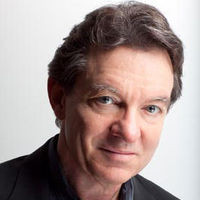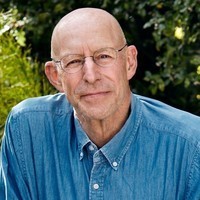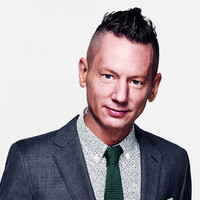Terrence McCoy is The Washington Post's Rio de Janeiro Bureau Chief. He won the George Polk award for his series "The Amazon, Undone" on the illegal and often violent exploitation of the rainforest.
“When I first got to Brazil, the Amazon was an arena of mystique. But after you spend a fair amount of time in the Amazon, it becomes quite clear what the struggle is—and how human that struggle is.”
This is the last of a week-long series of conversations with winners of this year's George Polk Awards in Journalism.










